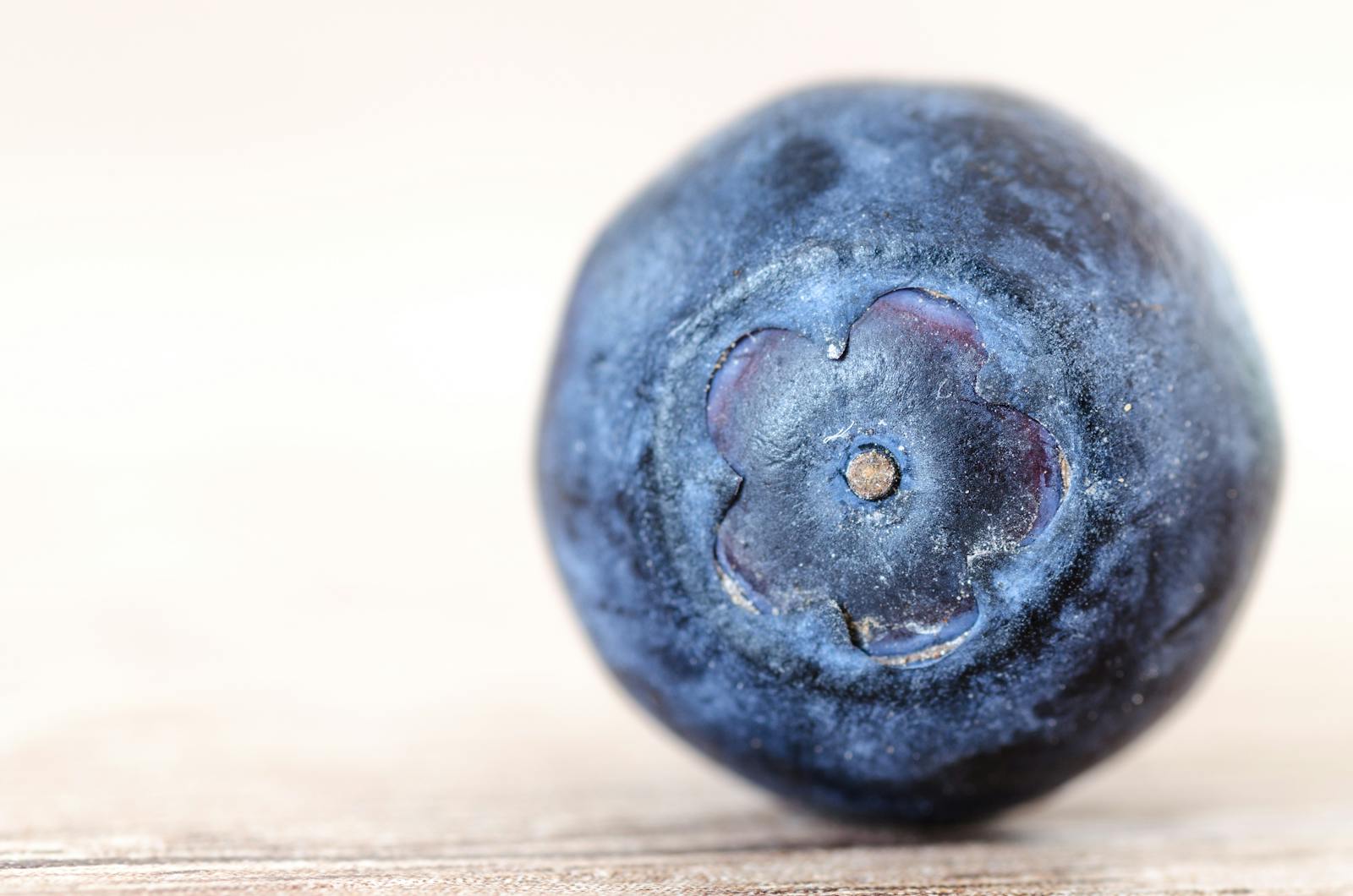
Hey there! It’s been quite the whirlwind getting this new project off the ground. I’ve been diving deep into the world of sports nutrition and supplements, and it’s opened up a whole new perspective on how we can support our bodies through intense training sessions or just daily activities. There’s so much more to it than just chugging protein shakes, and I’m excited to share some insights that might help you make better choices when it comes to your health and fitness journey.

First off, let’s talk about the basics of sports nutrition and supplements. It’s not just about bulking up or slimming down; it’s about understanding what your body needs to perform at its best. The right combination of nutrients can improve your energy levels, enhance recovery, and even boost your mood. But with so many options out there, it can be overwhelming to know where to start.

One of the most important aspects of sports nutrition is ensuring you have a balanced diet. While supplements can certainly play a role in filling nutritional gaps, they should never replace a healthy, varied diet. Foods like lean proteins, whole grains, fruits, and vegetables provide essential vitamins and minerals that are crucial for overall health. For instance, bananas are a great source of potassium, which helps maintain fluid balance and muscle function—perfect for pre-workout snacks!
When it comes to supplements, there are a few key players that stand out in the world of sports nutrition and supplements. Creatine, for example, is well-known for its ability to increase strength and power output during short bursts of activity. It’s particularly popular among weightlifters and athletes who engage in high-intensity sports. Another staple is branched-chain amino acids (BCAAs), which are essential for muscle repair and growth. BCAAs can be especially beneficial if you’re doing endurance training or trying to reduce muscle soreness after a tough workout.
But it’s not all about physical performance. Mental clarity and focus are just as important, especially if you’re an athlete who needs to make quick decisions on the field. Supplements like caffeine and L-theanine can help enhance cognitive function without the jitters that often come with too much coffee. These can be a game-changer during those early morning training sessions when you need an extra boost to get going.
Now, let’s talk about something a bit more personal. I’ve been experimenting with different supplements myself, and one thing I’ve learned is that what works for one person might not work for another. It’s essential to listen to your body and pay attention to how you feel. If you notice any adverse effects, it’s a good idea to consult with a healthcare professional. They can provide personalized advice based on your specific needs and goals.
Another aspect of sports nutrition and supplements that often gets overlooked is hydration. Staying properly hydrated is crucial for maintaining optimal performance and preventing injuries. Electrolyte supplements can be particularly useful if you’re engaging in prolonged physical activity, as they help replenish the sodium, potassium, and other electrolytes lost through sweat.
In conclusion, while sports nutrition and supplements can offer numerous benefits, they should always be part of a holistic approach to health and fitness. A balanced diet, regular exercise, adequate sleep, and proper hydration are the cornerstones of any successful fitness regimen. So, whether you’re a seasoned athlete or just starting out, take the time to understand your body’s unique needs and find the right combination of strategies that work for you. Happy training!
